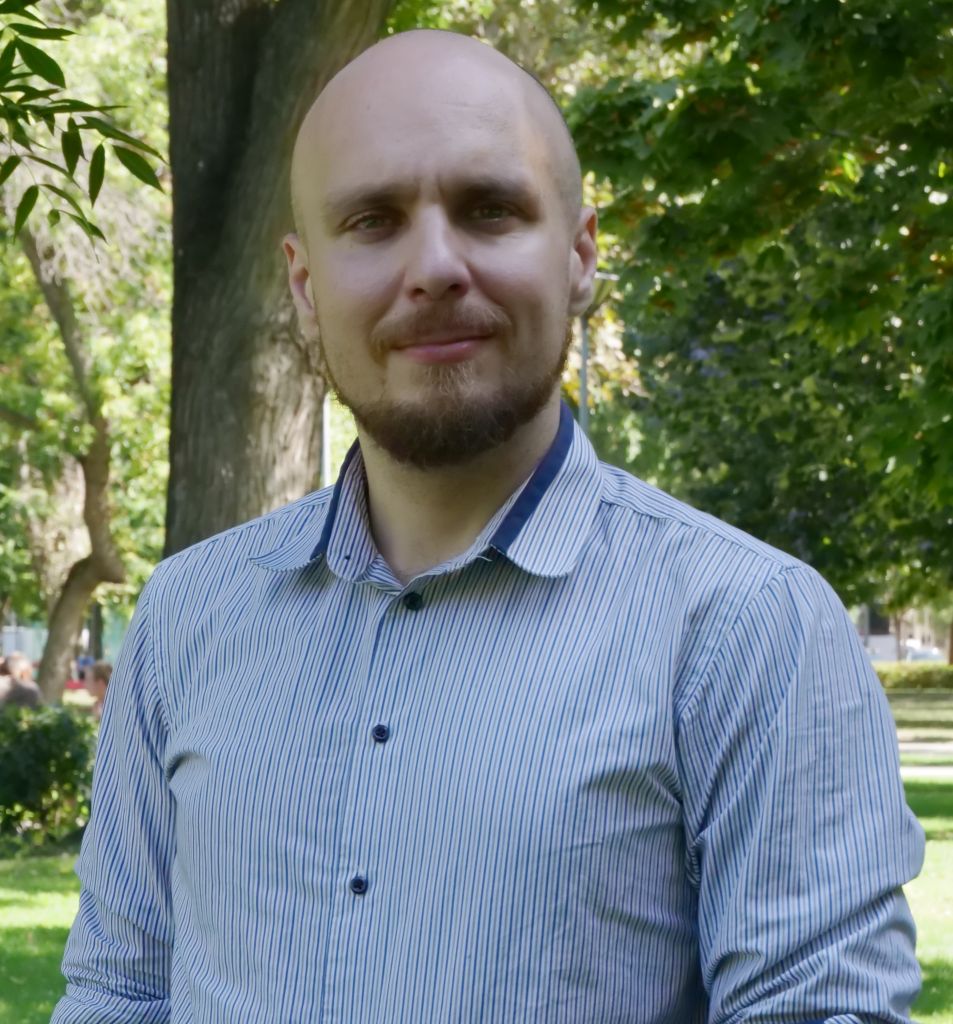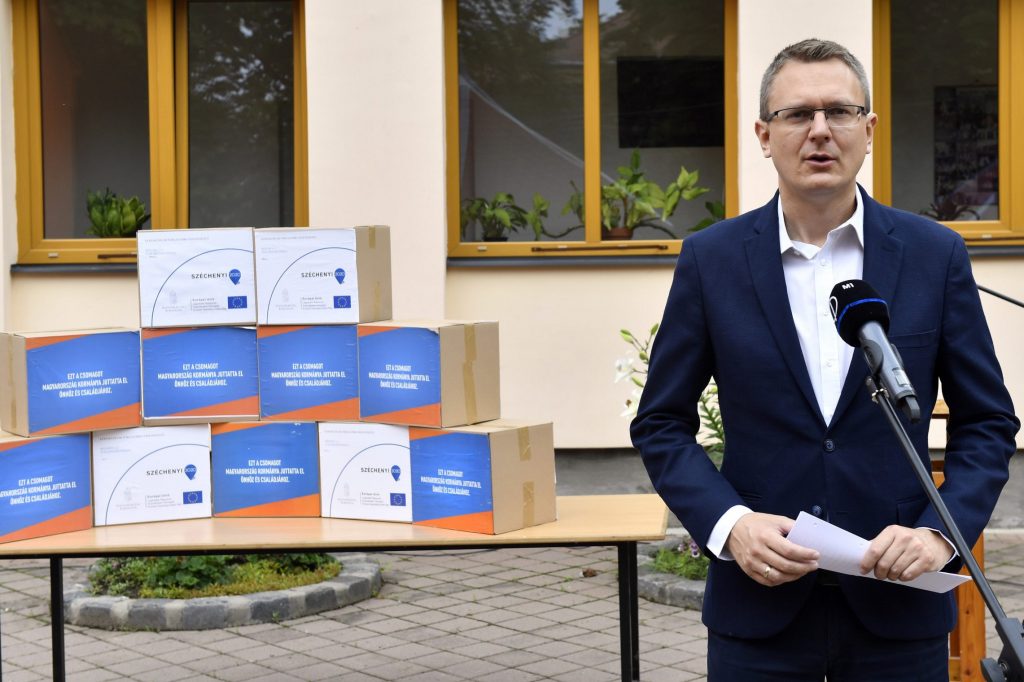The https://english.atlatszo.hu use cookies to track and profile customers such as action tags and pixel tracking on our website to assist our marketing. On our website we use technical, analytical, marketing and preference cookies. These are necessary for our site to work properly and to give us inforamation about how our site is used. See Cookies Policy
The Integrity Authority filed a criminal complaint over stolen funds for food aid
“People in need recieved 38 percent less, numerically, 1.4 million packages fewer food aid packages. As a result of irresponsible management, only 2.3 million parcels were distributed instead of 3.7 million” – the Integrity Authority (a newly formed agency monitoring corrupt spending of EU funds) found after investigating four EU-funded projects organized by the Directorate-General for Social Affairs and Child Protection (SZGYF).
The authority stated that the Operational Programme for Persons in Need (RSZTOP) contracted suppliers “whose companies overcharged extremely high prices for basic food products. In addition, during the procurement process, the three bidders potentially colluded with each other to fix the prices of the products they wanted to buy. Based on the Authority’s procedures, it is likely that in one project (RSZTOP-1.1.1-16-2016-00002) the consortium led by Halker Ltd. overpriced by 70%, i.e. gross HUF 7.6 billion (USD 20,8 million), to the detriment of the needy, while in the other project (RSZTOP-4.1.1.1.-16-2017-00001) Káta-Mill Plusz Ltd. overpriced by 37%, i.e. gross HUF 2.6 billion (USD 7,1 million).”

Átlátszó has written several times about the anomalies surrounding the food aid packages for the poor. In 2022 we sued SZGYF in a freedom of informaiton request case, requesting data on the content and price of the packages. It was eventually revealed that the milk in the packages, originally costing HUF 159 were bought for HUF 516. The price increase started after the SZGYF barred one of the bidders – who offered cheaper prices – from the tender.
Following our reports, the tax authority started an investigation into the matter, and the government confirmed the EU’s relevent authority is also investigating these projects. Last summer, Átlátszó together with Transparency International also filed a report at the Integrity Authority about the case.
Over a year later, the IA finally saw the need to act about the overpriced packages.
Which we also found out didn’t get to where it was really needed. The SZGYF referred to a 2014 government decree when asked about the basis for deciding which municipalities would receive the aid packages. According to the tables received in a public data request, it was the poorest municipalities in the districts referred to that did not receive packages. Looking at Csongrád county, it seems that half of the disadvantaged municipalities received nothing, and local family support workers had no say in who was in need.
The Integrity Authority essentially states that a network of companies stole HUF 10.2 billion (USD 27 million) from the poor.
“The case is a clear example of what you have often said in public: that abuse of power and corruption harms the most vulnerable in society. Unfortunately, this case will probably be one of many in which, by the time any substantial progress is made, the perpetrators and the stolen money will have disappeared without a trace, with virtually no consequences,” Ferenc Biró, President of the Integrity Authority, commented on the outcome of the investigation, adding: “Given the appropriate powers, the Authority can investigate such cases in a timely and complete manner, follow through with these procedures, recover the stolen money and help bring the culprits to justice. This is why it is essential that the Authority’s powers are put in place as soon as possible.”
The four SZGYF projects under review costed a total of HUF 31.2 billion (USD 85,3 million), 85% of which was funded by the EU. The projects concerned were implemented between 1 October 2016 and 31 December.
Written by Csaba Segesvári, translated by Zalán Zubor. The original Hungarian story is available here. Cover photo: Bence Rétvári, KDNP Member of Parliament, Parliamentary State Secretary of the Ministry of Human Resources, holds a press conference at the handover of aid packages donated by the Pest County Branch of the Directorate General for Social Affairs and Child Protection in the framework of the Operational Programme for Supporting Persons in Need in Szob on 22 June 2020. MTI/Zoltán Máthé
Share:
Your support matters. Your donation helps us to uncover the truth.
- PayPal
- Bank transfer
- Patreon
- Benevity
Support our work with a PayPal donation to the Átlátszónet Foundation! Thank you.
Support our work by bank transfer to the account of the Átlátszónet Foundation. Please add in the comments: “Donation”
Beneficiary: Átlátszónet Alapítvány, bank name and address: Raiffeisen Bank, H-1054 Budapest, Akadémia utca 6.
EUR: IBAN HU36 1201 1265 0142 5189 0040 0002
USD: IBAN HU36 1201 1265 0142 5189 0050 0009
HUF: IBAN HU78 1201 1265 0142 5189 0030 0005
SWIFT: UBRTHUHB
Be a follower on Patreon
Support us on Benevity!

